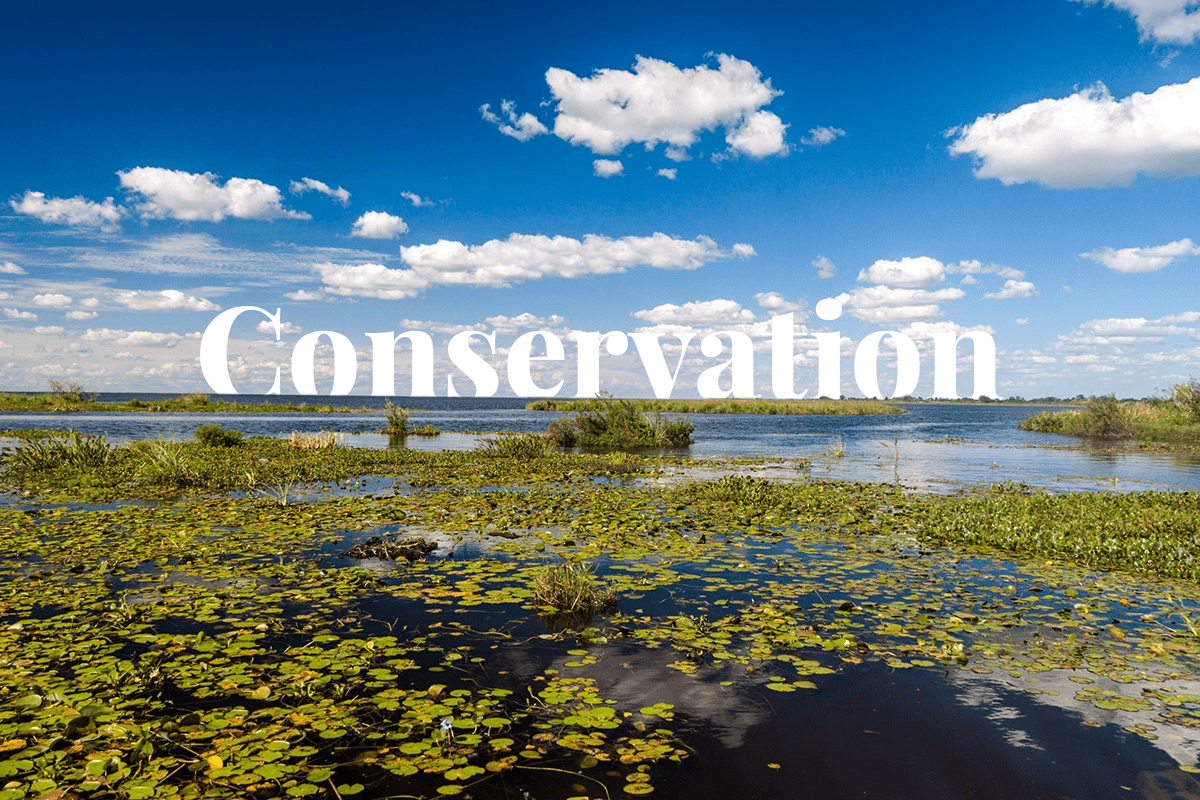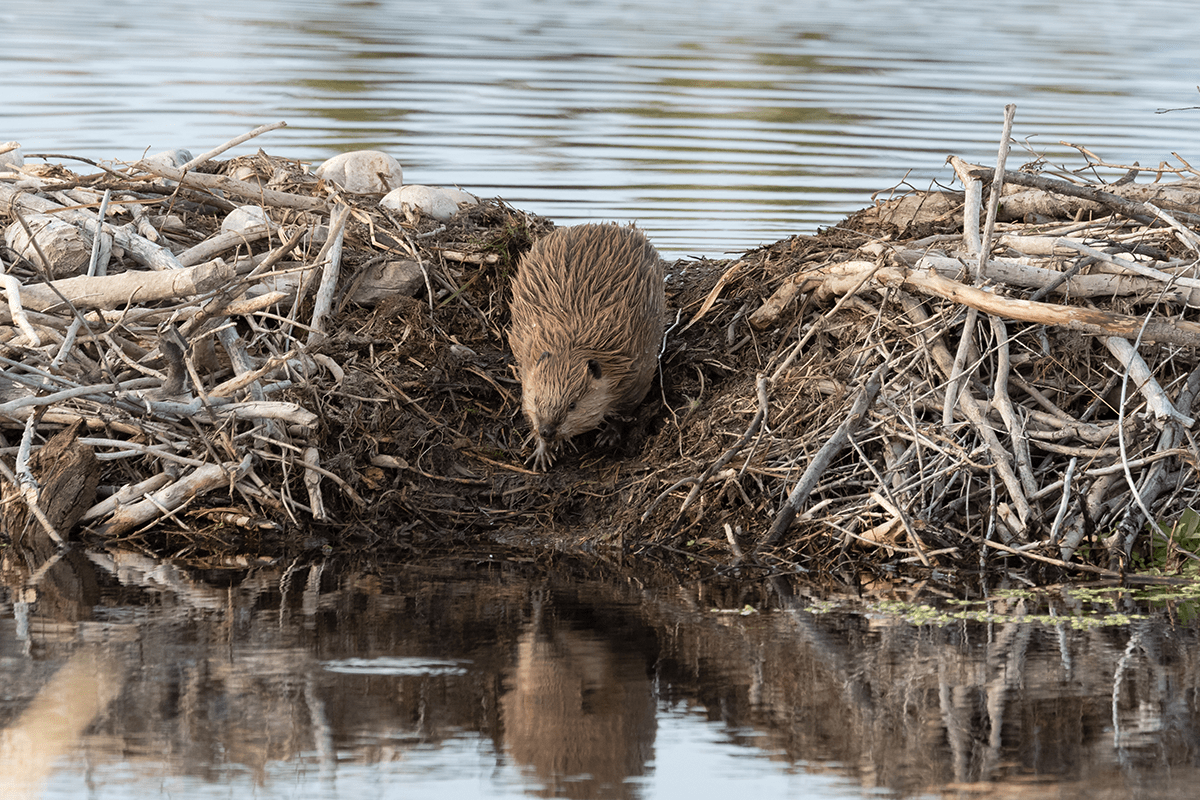Wetlands are crucial habitats for numerous species and provide natural solutions to modern crises. Unfortunately, they are among the most threatened natural habitats on Earth, having been systematically destroyed over the past 300 years, mostly due to drainage for farming. Countries and organisations are starting to understand the importance of conserving wetlands, and initiatives like wetland restoration and reintroducing beavers are underway.
 Wetlands, Argentina.
Wetlands, Argentina.
The importance of wetlands
Wetlands habitats, which include bogs, fens, marshes, and swamps, have disappeared from maps and memory, having been drained, dug up, and built on. Wetlands are often prime targets for building towns and farms, as they are generally flat and close to a reliable water source. Drained wetland soils have produced some of the most fertile farmland available.
Despite their historical destruction, wetlands offer some of the best natural solutions to modern crises. They can clean water by removing and filtering pollutants, displace floodwater, shelter wildlife, improve mental and physical wellbeing, and capture large amounts of carbon. Peatlands, a particular type of wetland, store at least twice the carbon of the world's forests.
Read more: Why is peatland restoration crucial?
Recent wetland findings
A new study published in Nature suggests wetlands have lost about 21% of their total area since 1700, an area the size of India. Some countries have seen much higher losses, with Ireland losing over 90% of its wetlands. The main reason for these losses is the drainage of wetlands for growing crops.
The new study also highlights scientific and cultural barriers to studying and managing wetlands. Identifying what is and isn't a wetland can be challenging, and records of where these ecosystems used to be are often incomplete. In addition, the report shows that wetland removal is spread unevenly around the globe, with some regions losing more than others.
Read more: Small, isolated wetlands are pollution-catching powerhouses
Saving wetlands
Fortunately, countries and international organisations are beginning to understand how vital wetlands are locally and globally. Some have adopted ‘no-net-loss’ policies that oblige developers to restore any habitats they destroy. For example, the UK promised to ban the sale of peat-based composts for amateur growers by 2024.
Wetland habitats are being conserved around the world, often at a huge expense. For example, over $10 billion was spent on a 35-year plan to restore the Florida Everglades, a unique network of subtropical wetlands, making it the largest and most expensive ecological restoration project in the world.
The creation of new wetlands is also underway in many places. The reintroduction of beavers to enclosures across Britain is expected to increase the nation's wetland coverage, bringing with it all the advantages of these habitats. Beaver dams and the wetlands they create reduce the effects of flooding by up to 60% and can boost the area's wildlife.
 Beaver building a dam.
Beaver building a dam.
A sustainable future through wetlands
Overall, wetlands are crucial habitats for numerous species and provide natural solutions to modern crises. The United Nations estimates that 40% of Earth's species live and breed in wetlands, and a billion people depend on them for their livelihoods. Conserving and restoring these vital habitats are key to achieving a sustainable future. People need to stop looking at wetlands as wastelands to drain and turn into ‘useful’ land. Initiatives like wetland restoration and the reintroduction of beavers are steps in the right direction towards conserving Earth's wetlands.
DGB Group is committed to restoring nature and regenerating biodiversity. Our large-scale nature-restoration projects focus on bringing back life to degraded areas and restoring vital habits so nature can thrive.
Contact us to join our mission




